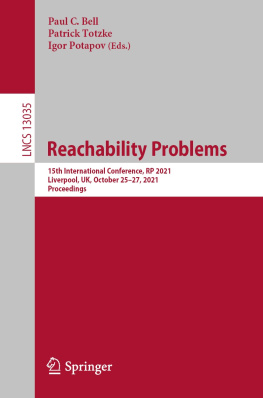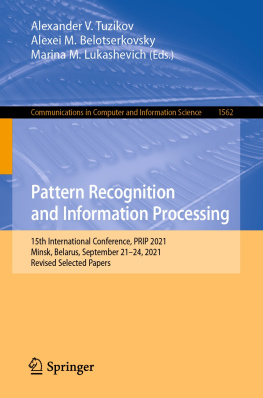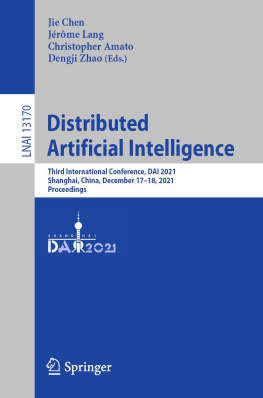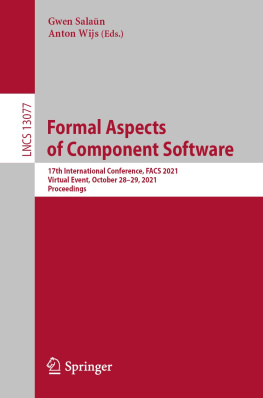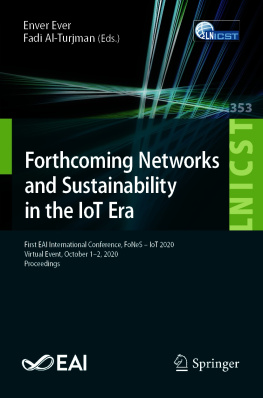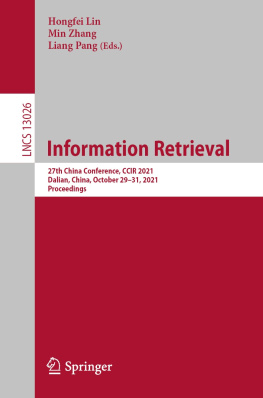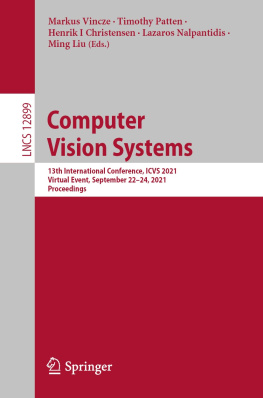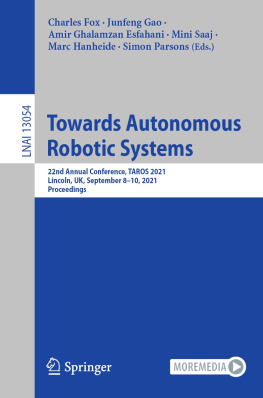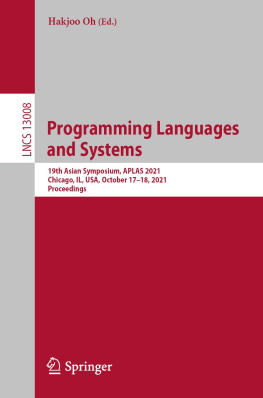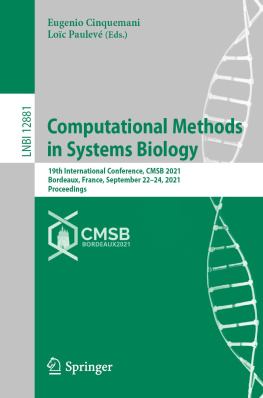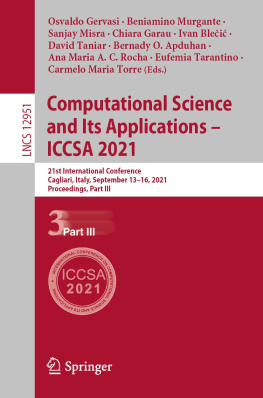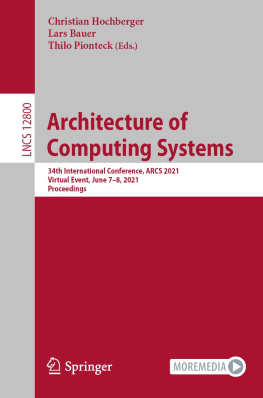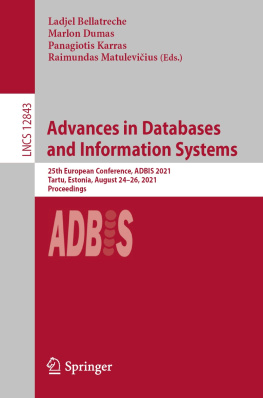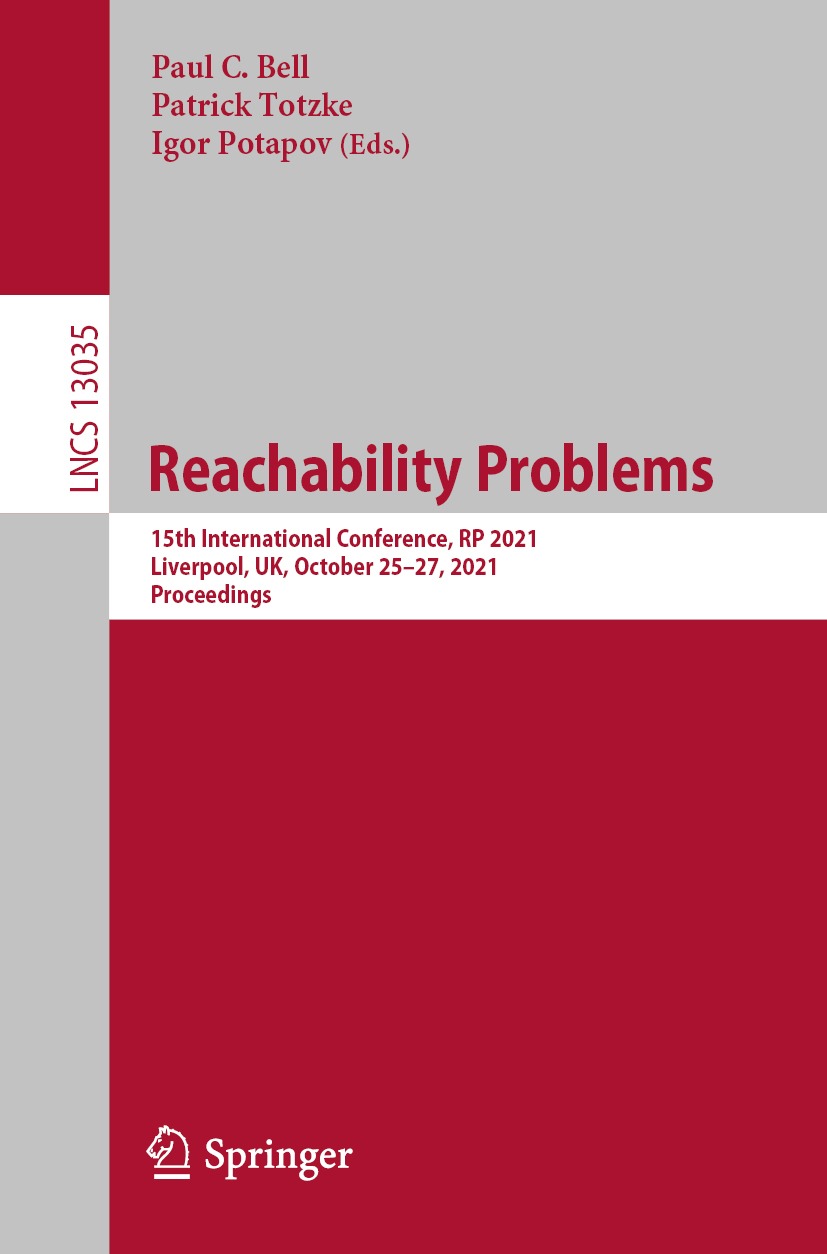Editors
Paul C. Bell
Liverpool John Moores University, Liverpool, UK
Patrick Totzke
University of Liverpool, Liverpool, UK
Igor Potapov
University of Liverpool, Liverpool, UK
ISSN 0302-9743 e-ISSN 1611-3349
Lecture Notes in Computer Science Theoretical Computer Science and General Issues
ISBN 978-3-030-89715-4 e-ISBN 978-3-030-89716-1
https://doi.org/10.1007/978-3-030-89716-1
Springer Nature Switzerland AG 2021
Chapter Recent Advances on Reachability Problems for Valence Systems (Invited Talk) is licensed under the terms of the Creative Commons Attribution 4.0 International License (http://creativecommons.org/licenses/by/4.0/). For further details see license information in the chapter.
This work is subject to copyright. All rights are reserved by the Publisher, whether the whole or part of the material is concerned, specifically the rights of translation, reprinting, reuse of illustrations, recitation, broadcasting, reproduction on microfilms or in any other physical way, and transmission or information storage and retrieval, electronic adaptation, computer software, or by similar or dissimilar methodology now known or hereafter developed.
The use of general descriptive names, registered names, trademarks, service marks, etc. in this publication does not imply, even in the absence of a specific statement, that such names are exempt from the relevant protective laws and regulations and therefore free for general use.
The publisher, the authors and the editors are safe to assume that the advice and information in this book are believed to be true and accurate at the date of publication. Neither the publisher nor the authors or the editors give a warranty, expressed or implied, with respect to the material contained herein or for any errors or omissions that may have been made. The publisher remains neutral with regard to jurisdictional claims in published maps and institutional affiliations.
This Springer imprint is published by the registered company Springer Nature Switzerland AG
The registered company address is: Gewerbestrasse 11, 6330 Cham, Switzerland
Preface
This volume contains the papers presented at the 15th International Conference on Reachability Problems (RP 2021), organized by the University of Liverpool and Liverpool John Moores University, UK. Previous events in the series were located at the University of Paris, France (2020), Universit Libre de Bruxelles, Belgium (2019), Aix-Marseille University, France (2018), Royal Holloway, University of London, UK (2017), Aalborg University, Denmark (2016), the University of Warsaw, Poland (2015), the University of Oxford, UK (2014), Uppsala University, Sweden (2013), the University of Bordeaux, France (2012), the University of Genoa, Italy (2011), Masaryk University Brno, Czech Republic (2010), cole Polytechnique, France (2009), the University of Liverpool, UK (2008), and Turku University, Finland (2007).
The aim of the conference is to bring together scholars from diverse fields with a shared interest in reachability problems, and to promote the exploration of new approaches for the modeling and analysis of computational processes by combining mathematical, algorithmic, and computational techniques. Topics of interest include (but are not limited to) reachability for infinite state systems; rewriting systems; reachability analysis in counter/timed/cellular/communicating automata; Petri nets; computational game theory; computational aspects of semigroups, groups, and rings; reachability in dynamical and hybrid systems; frontiers between decidable and undecidable reachability problems; complexity and decidability aspects; predictability in iterative maps, and new computational paradigms.
We are very grateful to our invited speakers, who gave the following talks:
Udi Boker, Interdisciplinary Center (IDC), Israel:
Quantitative vs. Weighted Automata
Clare Dixon, University of Manchester, UK:
Theorem Proving Using Clausal Resolution: From Past to Present
Javier Esparza, Technische Universitt Mnchen, Germany:
Population Protocols: Beyond Runtime Analysis
Damien Woods, Maynooth University, Ireland:
Algorithmic Self-assembly and Molecular Robotics: Theory and Practice
Georg Zetzsche Max Planck Institute for Software System, Kaiserslautern, Germany:
Recent Advances on Reachability Problems for Valence Systems (Invited Talk)
The conference received 27 submissions (17 regular and 10 presentation only submissions) from which four regular papers were withdrawn. Each submission was carefully reviewed by three Program Committee (PC) members. Based on these reviews, the PC decided to accept six regular papers in addition to four invited speakers contributions. The members of the PC and the list of external reviewers can be found at the end of this preface. We are grateful for the high-quality work produced by the PC and the external reviewers. Overall this volume contains six contributed papers and four papers from invited speakers which cover their talks.
The conference also provided the opportunity to other young and established researchers to present work in progress or work already published elsewhere. This year in addition to six regular submissions, the PC accepted 10 high-quality informal presentations on various reachability aspects in theoretical computer science. A list of accepted presentation-only submissions is given below:
Not All Bugs Are Created Equal, But Robust Reachability Can Tell the Difference
Guillaume Girol, Benjamin Farinier, and Sebastien Bardin
Abstract. This paper introduces a new property called robust reachability which refines the standard notion of reachability in order to take replicability into account. A bug is robustly reachable if a controlled input can make it so the bug is reached whatever the value of uncontrolled input. Robust reachability is better suited than standard reachability in many realistic situations related to security (e.g., criticality assessment or bug prioritization) or software engineering (e.g., replicable test suites and flakiness). We propose a formal treatment of the concept, and we revisit existing symbolic bug finding methods through this new lens. Remarkably, robust reachability allows differentiating bounded model checking from symbolic execution while they have the same deductive power in the standard case. Finally, we propose the first symbolic verifier dedicated to robust reachability: we use it for criticality assessment of four existing vulnerabilities and compare it with standard symbolic execution. Note: this paper has been published in the proceedings of CAV 2021.

